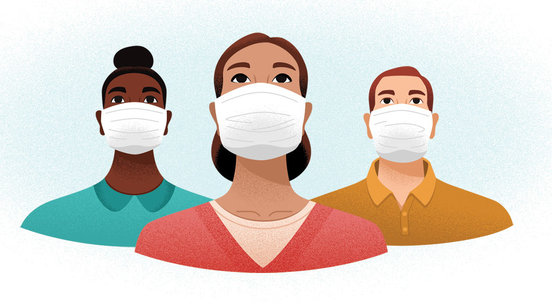We are experiencing a high number of membership applications and enquiries, therefore we may not be able to process your request as quickly as normal. We will respond to you as soon as we can. If you are an RCSLT member, you can update your details directly on your account profile.

